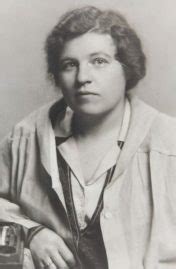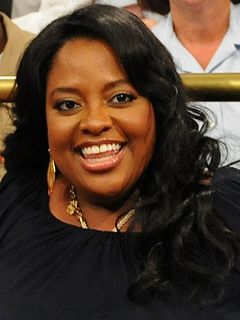A Quote by Rachel Field
I was never one to begrudge people their memories. From a child I would listen when they spoke of the past.
Related Quotes
You have your wonderful memories," people said later, as if memories were solace. Memories are not. Memories are by definition of times past, things gone. Memories are the Westlake uniforms in the closet, the faded and cracked photographs, the invitations to the weddings of the people who are no longer married, the mass cards from the funerals of the people whose faces you no longer remember. Memories are what you no longer want to remember.
Originally the structure was . . . a modern narrator who would appear intermittently and talk about his memories of his grandmother, which would then be juxtaposed against scenes from the past. But the stories from the past were always more interesting that the things in the present. I find this almost endemic to modern plays that veer between past and present. . . . So as we've gone on developing GOLDEN CHILD, the scenes from the past have become more dominant, and all that remains of the present are these two little bookends that frame the action.
When a child speaks of a past life memory, the effects ripple far. At the center is the child, who is directly healed and changed. The parents standing close by are rocked by the truth of the experience - a truth powerful enough to dislodge deeply entrenched beliefs. For observers removed from the actual event - even those just reading about it - reports of a child's past life memory can jostle the soul toward new understanding. Children's past life memories have the power to change lives.
The mutability of the past is the central tenet of Ingsoc. Past events, it is argued, have no objective existance, but survive only in written records and in human memories. The past is whatever the records and the memories agree upon. And since the Party is in full control of all records, and in equally full control of the minds of its members, it follows that the past is whatever the Party chooses to make it.






































